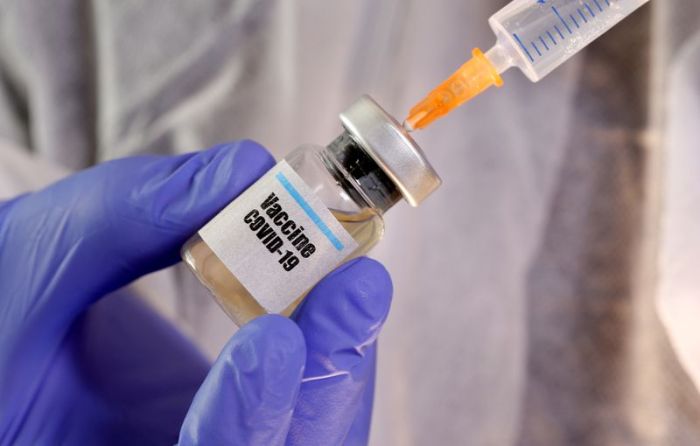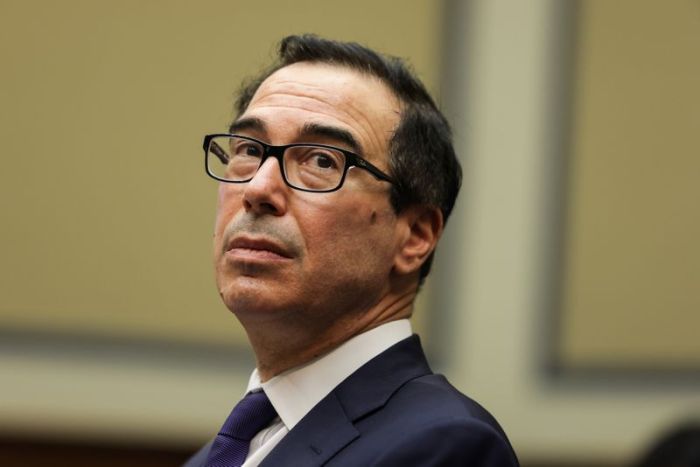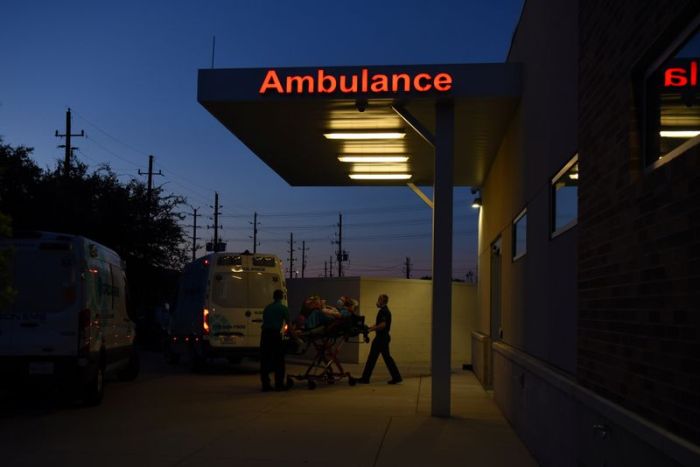LAGOS (Reuters) – When Loveth Metiboba’s baby had diarrhoea, she worried that taking him to a clinic near her home in Nigeria’s capital, Abuja, might expose them both to the coronavirus.
“The idea of going to the clinic was very scary,” said Metiboba, a researcher for a charity.
Instead, the clinic, run by Nigerian health technology firm eHealth Africa, sent her a web browser link to hold a video chat with a doctor who diagnosed her son with a mild illness and prescribed medicine to avoid dehydration.
Across the globe, the COVID-19 pandemic has accelerated changes in the way medicine is practised as medical care increasingly begins with an online consultation rather than a face-to-face meeting.
But the opportunities in Africa, where access to medical care is often restricted, are transformational and offer growth prospects to companies that provide online consultations and online sales of medicine.
Mukul Majmudar, chief executive of CureCompanion, which developed the online platform Metiboba used, said the Texas-based company had seen a 12-fold increase in business in Africa this year from 2019.
That compares with a 10-fold rise in online medicine across all seven countries – Armenia, Honduras, India, Saudi Arabia, United Arab Emirates and the United States, as well as Nigeria – where it is present.
Helium Health, a Nigerian company that specialises in digitising medical records, brought forward to February the launch of its online consultation platform, which had been planned for later in the year, to meet demand resulting from the pandemic.
In May, it raised $10 million from investors, including Chinese technology giant Tencent.
Helium Health’s CEO Adegoke Olubusi said dozens of hospitals and clinics had subscribed to the service.
They include a private clinic in the Victoria Island business district of Lagos.
It is run by doctor Ngozi Onyia, who said she had signed up for a 150,000 naira ($394.22) monthly subscription with Helium Health and that most of the clinic’s patients had opted for online consultations, referred to as telemedicine, within weeks of Nigeria’s first cases of the novel coronavirus.
The online consultations cost 10,000 naira each – half the cost of an in-person examination.
“This kept us going – we held on to our patients and even gained new ones,” Onyia said.
PRIVATE FUNDING, GOVERNMENT USE
Even before the pandemic, public health experts and investors saw the potential for telemedicine to help Africa cater for the needs of rapidly-expanding populations.
Funding from development agencies and venture capitalists alike has flowed into tech companies providing healthcare in Africa.
Data from San Francisco-based investment firm Partech showed venture capital investment in Africa’s health tech companies grew to $189 million in 2019 from around $20 million in both 2017 and 2018. Even in the turmoil of the pandemic, some $97 million was raised in the first half of 2020, Partech said.
Of last year’s total, $69 million was spread across 12 deals and $120 million went to Zipline, a Californian drone firm that launched in Rwanda in 2016.
It estimates that its drones, carrying medical equipment, can reach 95% of the mountainous East African country from two distribution centres.
In 2019 it expanded into Ghana, where the government enlisted it during lockdown in May to deliver coronavirus test samples, vaccines and protective clothing, such as gloves.
“It became very handy during this pandemic where we needed to send samples quickly to testing centres,” Nsiah-Asare, health adviser to Ghana’s president said.
The government is in talks with Zipline about expanding its operations in Ghana by creating three new distribution centres in addition to the four Zipline already operates there, Nsiah-Asare and the company’s country director Daniel Marfo told Reuters.
The government in Nigeria, Africa’s most populous country, has also seen the potential for high tech help.
Authorities in the capital Abuja contracted the charitable arm of eHealth Africa to roll out a system that alerts patients who test negative for the novel coronavirus that causes COVID-19 with an automated text message.
Those who test positive for the coronavirus require medical help and contact-tracing, but for negative tests, a message is enough.
Chikwe Ihekweazu, who heads the Nigeria Centre for Disease Control (NCDC), said automating the process would help authorities handle increased testing after the resumption of international flights from Sept. 5.
“Almost everything we’re doing right now, from logistics to managing the outbreak itself, is being migrated into different technological platforms,” Ihekweazu said.
ECONOMIC CRISIS
For all the potential for technology to help, it is likely to be constrained as the COVID-19 pandemic adds to Africa’s economic problems.
The International Monetary Fund (IMF) forecast a 3.2% contraction in sub-Saharan Africa’s gross domestic product in 2020.
In addition, the pandemic has put around 20 million jobs at risk across the continent, the African Union has said, which will reduce people’s ability to spend on healthcare.
Already Africa spends less on healthcare than the rest of the world.
It makes up 16% of the world’s population and carries 23% of the global disease burden, but accounted for just 1% of total global health expenditure in 2015, according to the most recently available data provided by the Brookings Institution, a Washington-based think tank.
In per capita terms, the rest of the world spends 10 times more, it said.
The widespread adoption of health technology may also be stymied by poor internet connectivity and patchy electricity.
Metiboba switches between two network providers to overcome connectivity problems.
It’s an approach that is too costly for many, but for Metiboba it means she has continued to use remote consultations since her son’s health scare and plans to continue to do so.
“It works for me,” she said.
(Reporting by Alexis Akwagyiram in Lagos; Additional reporting by Abraham Achirga in Abuja; Editing by Elyse Tanouye and Barbara Lewis)































